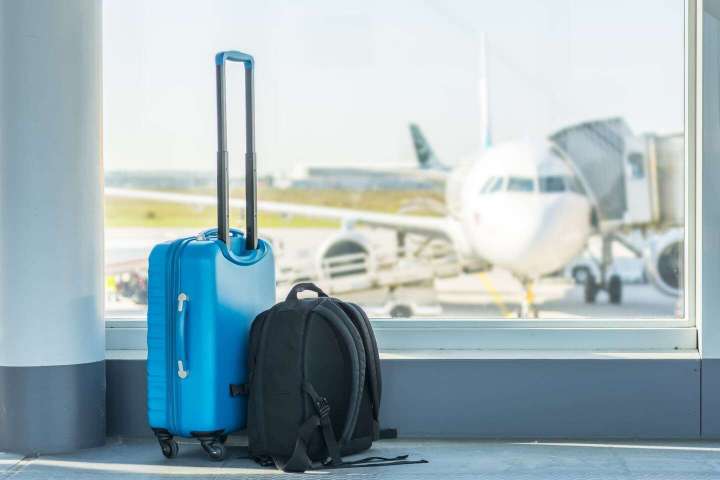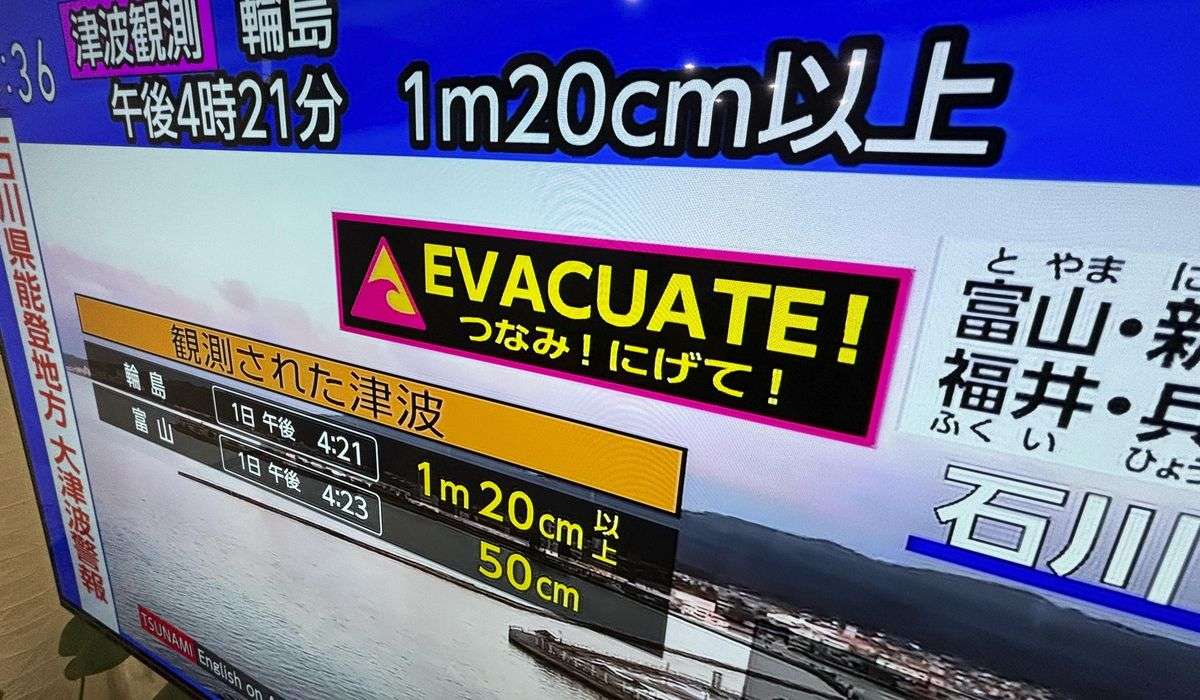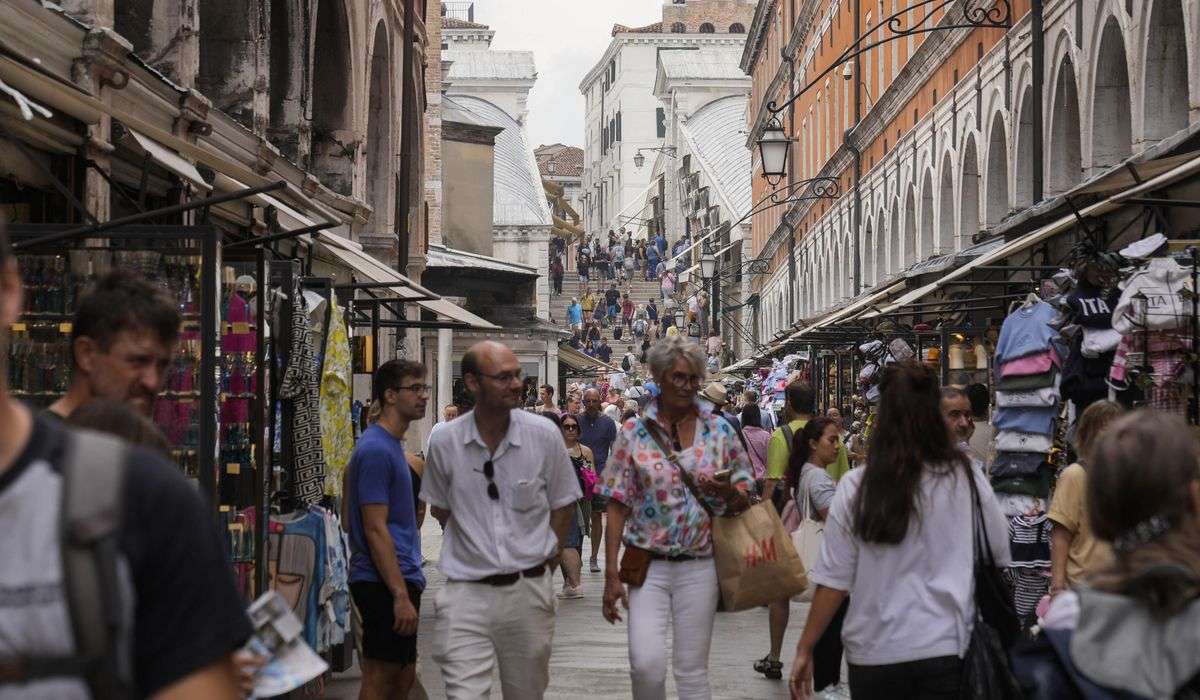Keep an eye on your luggage. As air travel returns to pre-pandemic levels, airlines appear to be getting stricter about carry-on bags.
Are airlines getting more strict about carry-ons?

“They are showing no mercy,” says Ritter, a TV consultant from Los Angeles.
A few weeks ago, he witnessed a gate agent stop a passenger from boarding with her carry-on. As Ritter boarded the plane, he saw the passenger out of the line, frantically shifting contents to other bags to make the carry-on lighter.
Why are airlines getting so strict about carry-on luggage? The reason isn’t higher fuel costs or lack of space; it’s money.
“Airlines are likely doubling down on this strategy to extract as much as they can from customers,” explains Jeff Galak, who teaches marketing at Carnegie Mellon University’s Tepper School of Business. “By being strict on what counts as a carry-on bag, they can move some free bags to paid ones.”
The industry sees a bright future in charging for carry-on luggage. Global baggage fees hit a record $20.9 billion last year, according to a report from CarTrawler and IdeaWorks, a company that consults with travel companies on ancillary revenue.
For example, last year, for flights within Europe, Aer Lingus began requiring passengers to book a more expensive “carry-on bag with priority boarding” fare if they wanted to carry a regulation-size bag of up to 22 pounds on the aircraft. AirAsia now allows travelers to double its regular seven-kilogram (15-pound) carry-on limit — for a fee.
The revenue is substantial. American Airlines, for instance, generated baggage revenue of $1.22 billion in 2021 and a record $7.42 per passenger, according to IdeaWorks and CarTrawler. Spirit Airlines has one of the highest baggage revenue rates globally: $21.51 per passenger in 2021.
Which airlines are the strictest about carry-on luggage? And how do you keep yourself from spending an extra $30 or $60 per passenger on your next flight?
Almost every airline sees dollar signs when it comes to luggage. An IdeaWorks and CarTrawler study found that every major domestic airline except Southwest charged extra for checked luggage — and sometimes carry-on bags, too.
Historically, ultralow-fare airlines have been the most aggressive with luggage fees. Spirit Airlines’ revenue from baggage has soared from $28.9 million in 2007 to $663.2 million in 2021. The report found that the biggest bump per person came in 2010, the year Spirit added a fee for large carry-on bags.
“There’s clearly an in-your-face monetization strategy occurring among airlines,” says Daniel Green, co-founder of travel insurance company Faye.
Green says many passengers think it’s preposterous to pay not only for checked bags, but also carry-ons. And the added level of aggressiveness is off-putting. He suspects that airlines are trying to make up for revenue lost during the early days of the pandemic.
“No one is happy about it,” he adds.
Longtime airline industry observer William McGee says there’s no consistency in how airlines enforce their luggage policies. When flights aren’t full, crews typically look the other way when passengers bring large carry-on bags. But when every seat is occupied, they enforce the rules strictly.
“This explains why some passengers may experience carrying on a bag without any problem on one flight, and then be stopped from carrying the same bag on a different flight,” says McGee, a senior fellow at the American Economic Liberties Project.
Monetizing luggage is a dance, with airlines always taking the lead. You can play it safe and pay in advance for your luggage. Or you can call the airline’s bluff, hoping for a full flight and a free gate-checked bag.
“I hear more frequent announcements at the gates that the flights are at full capacity,” says Howie Honeycutt, senior vice president of global operations at ATG, a travel and expense management company. “Airlines are offering to check carry-on luggage free of charge.”
Jay Sorensen, president of IdeaWorks and co-author of the luggage fee study, says travelers are better off traveling with less luggage. I reached him in the United Kingdom, where he was vacationing for about two weeks. He and his wife each took a medium roller bag and a small backpack.
“We plan to do laundry halfway through our stay,” he says.
And on at least one level, charging for checked baggage makes no sense. Tony Jilek, a former line maintenance supervisor and mechanic for Alaska Airlines, says charging for checked bags just means more passengers try to carry their bags on the plane. When they can’t fit everything into the overhead compartment, “I’ve seen them rip the doors off the bins,” he says.
Airlines must also know that charging more for luggage is no way to endear yourself to customers. But then, U.S. airlines already got billions in federal aid during the pandemic, and are looking at a likely record summer for revenue. It seems nothing can stop them from monetizing your luggage.
PLEASE NOTE
Potential travelers should take local and national public health directives regarding the pandemic into consideration before planning any trips. Travel health notice information can be found on the Centers for Disease Control and Prevention’s interactive map showing travel recommendations by destination and the CDC’s travel health notice webpage.






